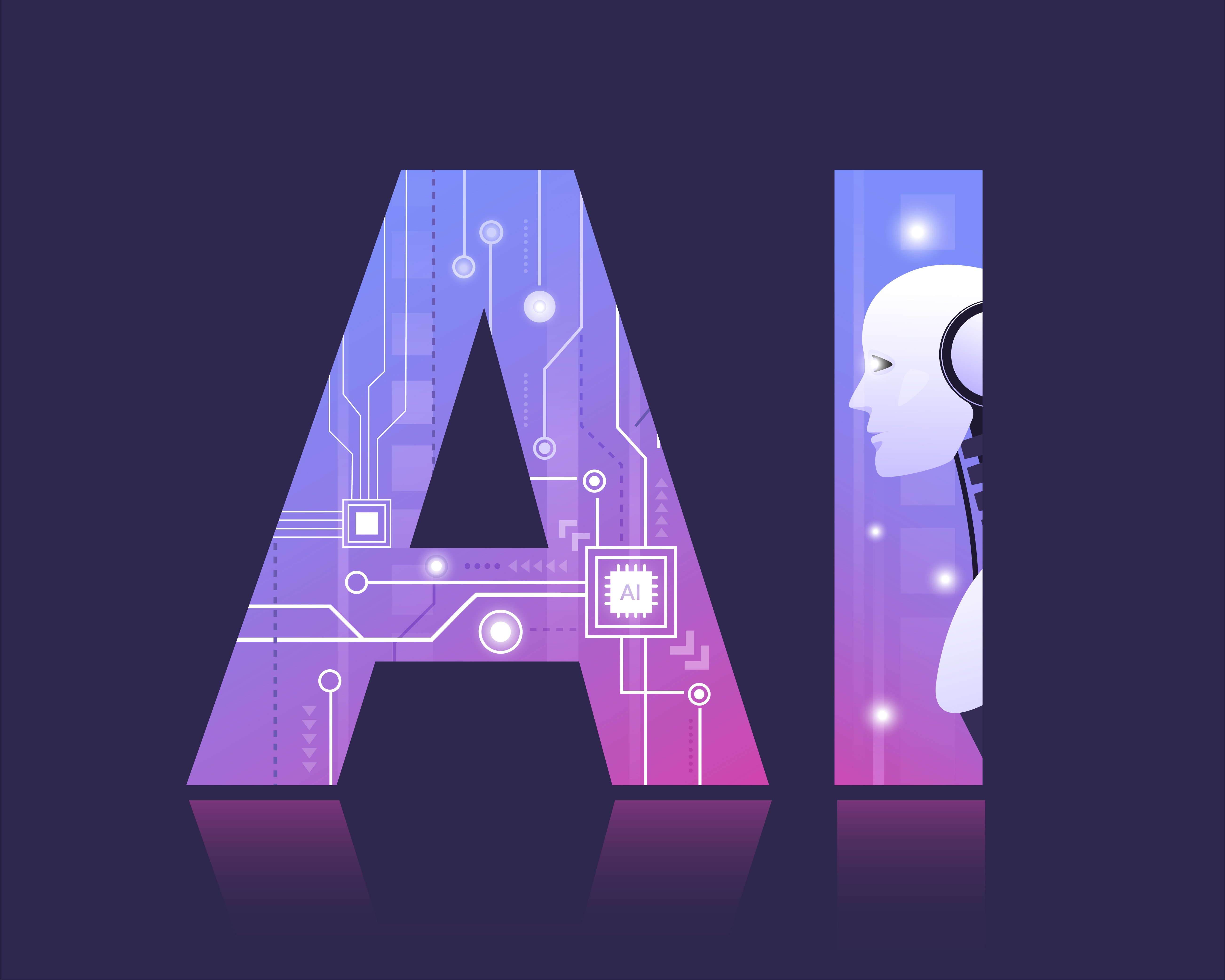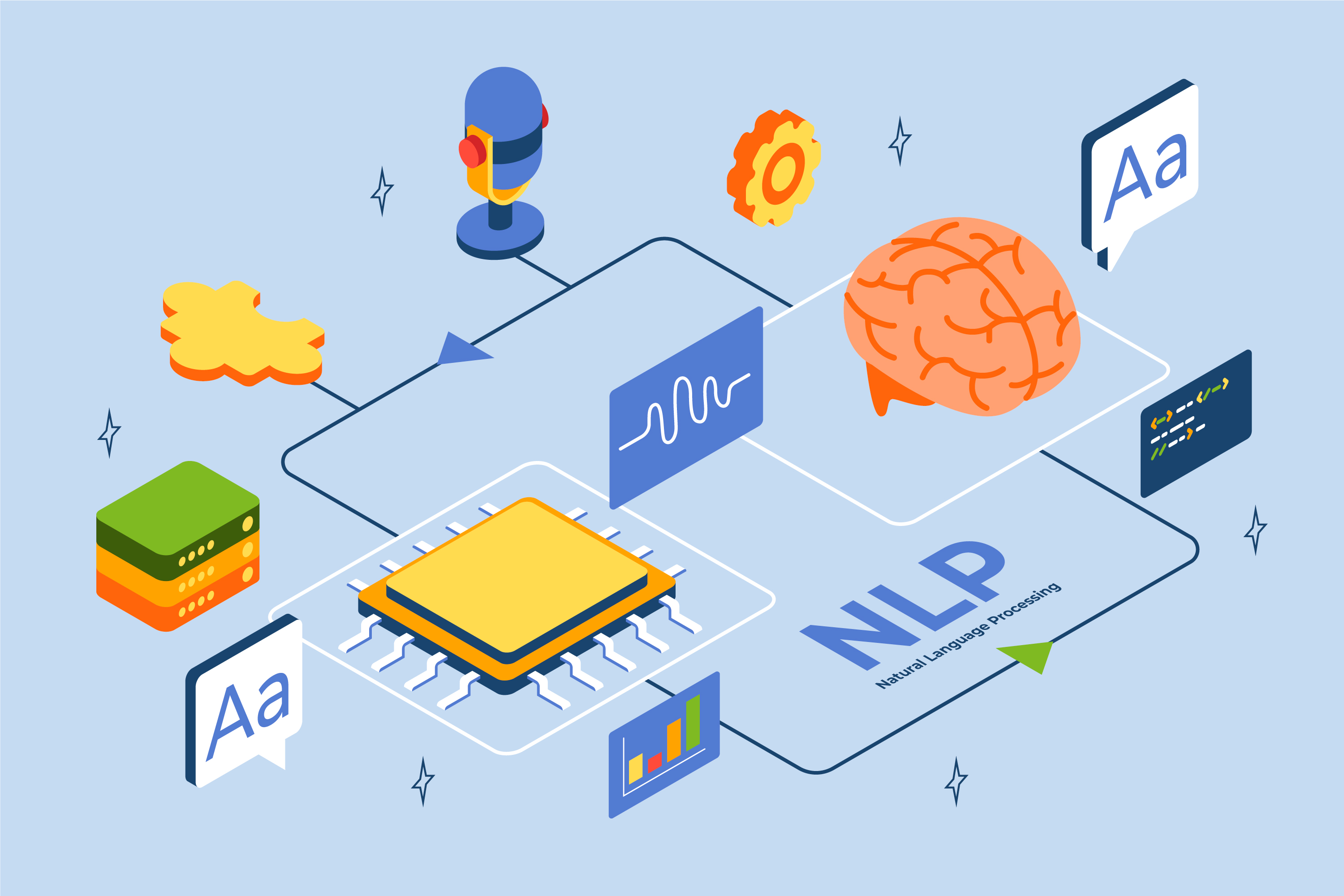Artificial Intelligence Now a days
Introduction Imagine a world where your coffee brews itself just as your alarm rings, your car drives you to work while you catch up on your favorite book, and your home’s thermostat adjusts itself based on real-time weather updates. This isn't a scene from a futuristic movie; it's today's reality, thanks to artificial intelligence (AI). AI has woven itself into the fabric of our everyday lives, drastically altering the way we live, work, and play. From simplifying tasks to solving complex problems, AI's integration into daily routines showcases the immense potential of this technology to enhance and streamline activities. In this blog, we will explore how artificial intelligence continues to redefine various sectors and help us navigate the complexities of modern life more effortlessly. Evolution of Artificial Intelligence Historical Background The fascinating journey of artificial intelligence (AI) began in the mid-20th century, rooted in the dreams of creating machines capable of mimicking human intelligence. Pioneers like Alan Turing, who proposed the Turing Test in 1950 to measure a machine's ability to exhibit intelligent behavior indistinguishable from that of a human, laid the groundwork. From its theoretical origins, AI has evolved staggeringly, growing from simple algorithms to complex machine learning and deep learning systems that learn and adapt over time. Advancements in AI Technology Recent advancements in AI technology have been transformative, powered by exponential increases in computing power and data availability. Machine learning algorithms have evolved to handle vast amounts of data, learning from it to improve their accuracy in tasks such as speech recognition and image analysis. Deep learning, a subset of machine learning involving neural networks patterned loosely on human brain function, has enabled AI to make significant strides in understanding natural language and generating human-like responses. These technologies are not only advancing in complexity but are becoming more efficient and accessible, paving the way for innovative applications across various sectors. Applications of Artificial Intelligence Virtual Assistants Virtual assistants like Siri, Alexa, and Google Assistant exemplify AI’s integration into daily life. These assistants use AI to interpret voice commands and perform tasks ranging from setting reminders to controlling smart home devices. They learn from each interaction, becoming more adept at predicting and meeting users' needs. Autonomous Vehicles AI is also steering advancements in autonomous vehicles. These vehicles use AI to process data from sensors and cameras to navigate roads, detect obstacles, and make split-second decisions. This technology promises to improve road safety, reduce traffic congestion, and transform transportation logistics. Healthcare In healthcare, AI's role cannot be overstated. It's being used to personalize patient care by analyzing data to predict disease progression and response to treatments. AI-powered systems assist in diagnostic processes, such as interpreting X-rays and identifying patterns in patient records faster than human counterparts. Moreover, robot-assisted surgeries have enabled greater precision and shorter recovery times, demonstrating AI’s potential to augment human ability in critical sectors. Impact of Artificial Intelligence Efficiency and Automation Artificial Intelligence (AI) has dramatically boosted efficiency and enhanced automation across numerous industries. From smart home devices that adjust your home's temperature automatically, to advanced software systems that manage inventory in warehouses, AI is making processes quicker and less prone to error. In the healthcare sector, AI-driven diagnostics help doctors analyze data faster, enabling quicker decision making that can save lives. Moreover, customer service has transformed with AI chatbots that provide 24/7 assistance without human fatigue. These improvements not only speed up operations but also often enhance the quality of services and products. Job Market Transformation The advent of AI is reshaping the job market in profound ways. While AI automation does lead to the phasing out of some roles, particularly those involving repetitive tasks, it also creates new job opportunities. These roles typically require more complex problem-solving abilities and digital literacy. Data analysts, AI specialists, and robotics engineers are in high demand as businesses seek to leverage AI capabilities. Furthermore, as AI takes over more mundane tasks, employees are increasingly pushed towards roles that require creative and strategic thinking abilities, reshaping career paths and job descriptions across sectors. Future of Artificial Intelligence AI Ethics and Regulation As AI continues to advance, ethical questions and calls for strict regulations grow louder. Issues such as privacy, security, and the potential for biases embedded in AI algorithms are at the forefront of discussion. Governments and international bodies are increasingly urged to implement policies that ensure AI technologies are used responsibly. This includes creating frameworks that promote transparency, accountability, and fairness in AI deployments, to prevent misuse and protect societal values. Potential Challenges and Opportunities The path forward for AI is filled with both challenges and opportunities. On the challenge side, the risk of deepening inequalities – where those with AI technology pull ahead of those without – is significant. Additionally, the reliance on complex AI systems leads to vulnerabilities, including potential failures in critical infrastructures. Conversely, the opportunities are vast. AI has the potential to solve some of the most pressing global issues, from climate change to providing sophisticated healthcare solutions in underserved communities. Moreover, as AI technologies improve, their ability to enhance productivity and innovation across various sectors could bolster economic growth worldwide, creating unprecedented opportunities for advancement. Conclusion As we delve into the transformative world of artificial intelligence, it's clear that AI is no longer just a futuristic concept but a practical tool reshaping our everyday lives. From simplifying tasks with automation to enhancing industries like healthcare, education, and finance with machine learning, AI applications are making processes more efficient and effective. The journey of integrating AI into our daily routines is ongoing, and its potential continues to grow, promising even more innovative solutions in the future. Embracing this technology means participating in an evolving narrative that not only improves individual lives but also the global community. As we move forward, staying informed and adaptable will help us harness the full power of artificial intelligence, making our world smarter, more connected, and more responsive to our needs.
View All

















































































